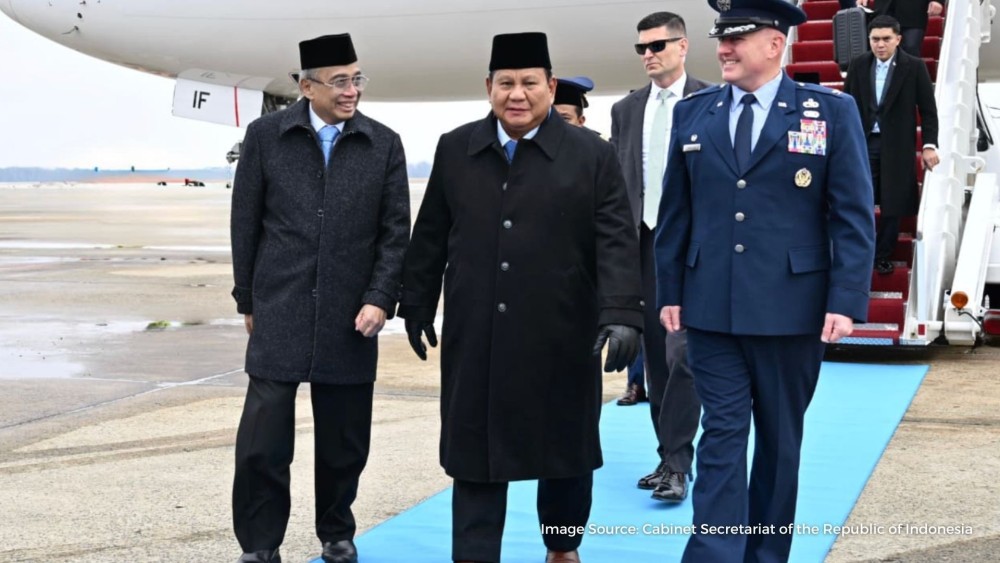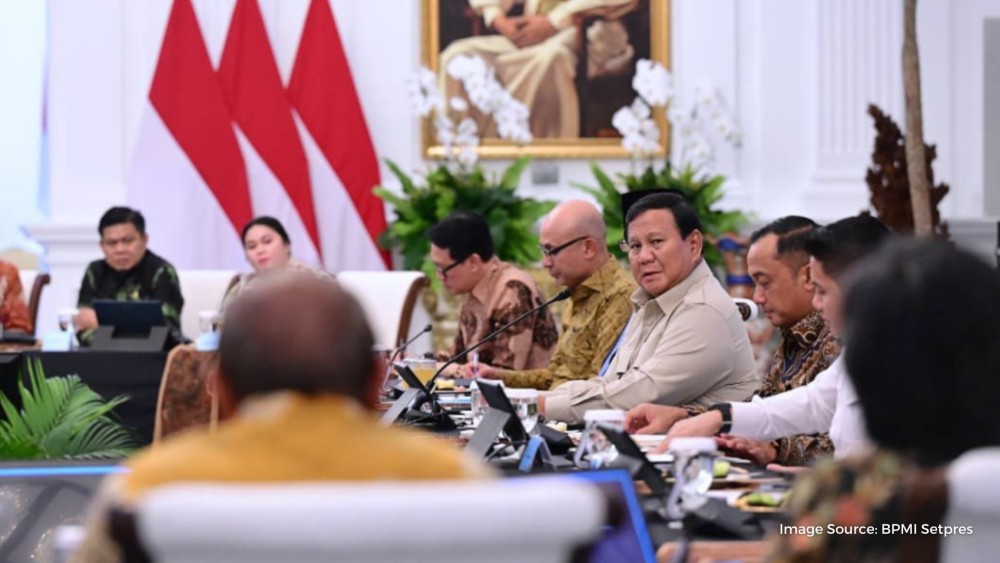Layoffs Surge by 23.7%, Textile Workers Among the Most Vulnerable
24 Sep 2024

The Ministry of Manpower (Kemenaker) has reported a significant increase in layoffs (PHK) between January and August 2024, reaching 46,240 people. This marks a 23.71% rise compared to 37,375 layoffs during the same period last year.
Manpower Minister Ida Fauziyah highlighted that the highest number of layoffs occurred in the manufacturing sector, particularly in textile, garment, and footwear industries.
Central Java recorded the highest number of layoffs, with over 20,000 workers losing their jobs between January and August 2024. The second-highest figure was in Jakarta, where more than 7,400 people were affected. The difference between these two regions amounts to approximately 13,000 workers.
In response, the government organized a national job fair, *Naker Fest 2024*, from August 23-25. According to Ida, the event featured 178,000 job vacancies, while the number of new job applicants reached around 93,000.
“We will continue to implement mitigation measures, one of which is by creating new jobs. We hope that the number of layoffs and new job opportunities can balance out,” Ida said during a session at the House of Representatives (DPR) recently.
Kemenaker detailed that in Central Java, the layoffs primarily affected workers in textiles, garments, and footwear. In contrast, the majority of layoffs in Jakarta occurred in the service sector, particularly in restaurants and cafes.
Heavy Burden on Labor-Intensive Industries
On another note, Ida Fauziyah reported that local and foreign companies have committed to building new textile factories in Indonesia. These new facilities are expected to reabsorb the textile workers impacted by layoffs.
Ida explained that the additional textile factories also aim to boost domestic textile production, potentially making local textile prices more competitive against imported goods.
“Yes, new factories are in the works. The government is encouraging textile workers who have been laid off to find employment in these new facilities,” Ida stated at the Presidential Palace in Jakarta.
However, she did not provide specific details regarding the number of new textile factories or the names of the companies involved. Ida, a member of the National Awakening Party (PKB), only mentioned that the investments come from both domestic and international sources.
Aside from increasing domestic textile production, the government also plans to strengthen its import selection policies for textile products. These two measures are intended to reduce reliance on imports while boosting the competitiveness of local products.
“With these policies in place, we hope to reduce the influx of imported goods and increase domestic production,” Ida added.
The wave of layoffs in the textile industry is part of the ongoing challenges faced by labor-intensive sectors. The textile industry has struggled to recover from the demand drop caused by the COVID-19 pandemic.
The conflict between Russia and Ukraine has further dampened demand in key markets. Additionally, the depreciation of the Indonesian rupiah has significantly raised the cost of raw materials. The industry is also facing stiff competition from imported goods, particularly from China, while the global economic slowdown continues to affect export-oriented industries by reducing orders.
Moreover, the adoption of advanced technology in textile factories has increased automation, reducing the need for manual labor. "Textile companies must also adapt to technological advancements," Ida noted.
Original article here
This content is published in partnership with Katadata






